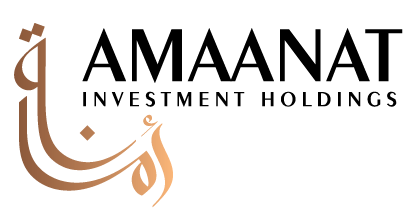Over the past year, the South African economy has faced a series of global and local disruptions, including slowing global growth, a weak and volatile currency, geopolitical tensions, acute power challenges and inefficiencies in state-owned enterprises, among others.
If these challenges persist, the economy will continue to struggle into 2024.
With loadshedding expected to continue, consumers are likely to face more price hikes, as retailers and consumer goods companies spend more on power back up, increasing the cost of doing business and, thus, exerting additional pressure on input costs.
The South African Reserve Bank (SARB) has been relentless on its course to combat inflation with its tenth consecutive interest-rate hike during May 2023. This will place greater pressure on middle-class consumers and soften consumer demand, as debt service costs increase.
Tighter lending conditions will dampen investment decisions and together with business-continuity issues such as loadshedding, this is likely to impact margins and profitability of the private sector and will affect economic growth.
The property market continues to present both opportunities and challenges. While we remain cautiously optimistic, the Board will closely monitor market trends and adapt it’s strategies accordingly.

